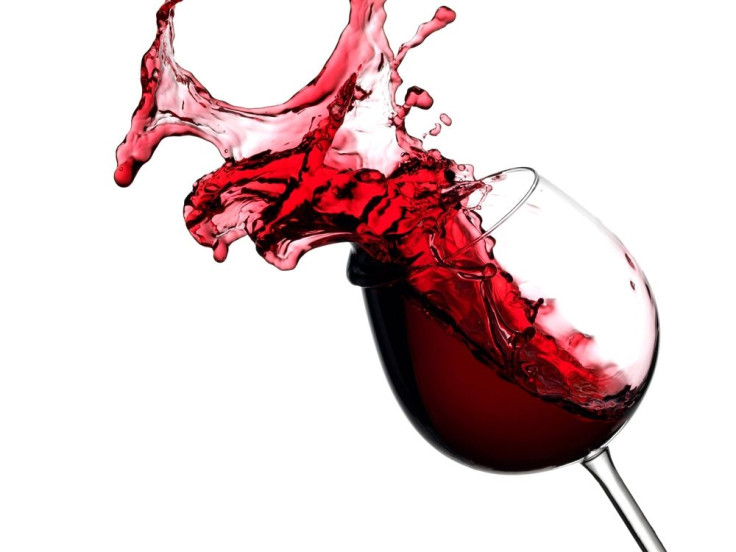Red Wine May Boost Memory Thanks To Resveratrol — A Special Compound

Red wine may do more than just pair well with your favorite pasta dish, it could improve you memory. Researchers found a special compound in red wine that has been shown to improve people’s memory by the way it breaks down sugar in the body.
In a study, published in the Journal of Neuroscience, researchers at the Charité – Universitätsmedizin Berlin in Germany found better short-term memory in those taking the red wine compound known as resveratrol. Resveratrol is a substance found in red wine and dark chocolate that is already known for its anti-aging properties, but now research reveals an improvement in short-term memory too.
Throughout a 26-week trial, researchers gave the resveratrol supplement to 23 overweight participants between the ages of 50 and 75, and compared them to 23 participants who received a placebo. Both groups were tested through memory tasks and observed brain connectivity images in the hippocampus, according to Live Science.
After just 30 minutes of testing they found that those who were taking resveratrol had a significant increase in retention of words compared to the placebo group, as well as a faster performance in the hippocampus. The hippocampus is a small region of the brain that is associated with the formation of new memories, learning, and emotions. It is found in both regions of the brain and plays an important role in both short and long-term memories. If one side is damaged, memory function remains relatively normal.
Age usually affects the functioning of the hippocampus. By the time an individual reaches 80 years old, they have lost as much as 20 percent of the nerve connections within the hippocampus, which results a significant decline in memory performance.
“Our findings offer the basis for novel strategies to maintain brain health during aging,” the researchers said.
The effects resveratrol has on the maintenance of the hippocampus are promising. It may also be the key ingredient in red wine that helps prevent blood vessel damage, according to Mayo Clinic. It’s also known to reduce low-density lipoprotein (LDL), which is the bad cholesterol. Other research has even pointed to its ability to reduce the risk of inflammation and blood clotting, both of which play an important role in heart disease.
It even has cancer-fighting benefits. One glass of red wine three to four times a week may be enough to starve certain cancer cells, according to researchers at the University of Virginia. When resveratrol was given to human cancer cells, it was found to turn off the cancer-feeding proteins, which slowed cancer progression.
Source: Witte VA, Kerti L, Margulies DS, et al. Effects of Resveratrol on Memory Performance, Hippocampal Functional Connectivity, and Glucose Metabolism in Healthy Older Adults. The Journal of Neuroscience. 2014.
Published by Medicaldaily.com



























